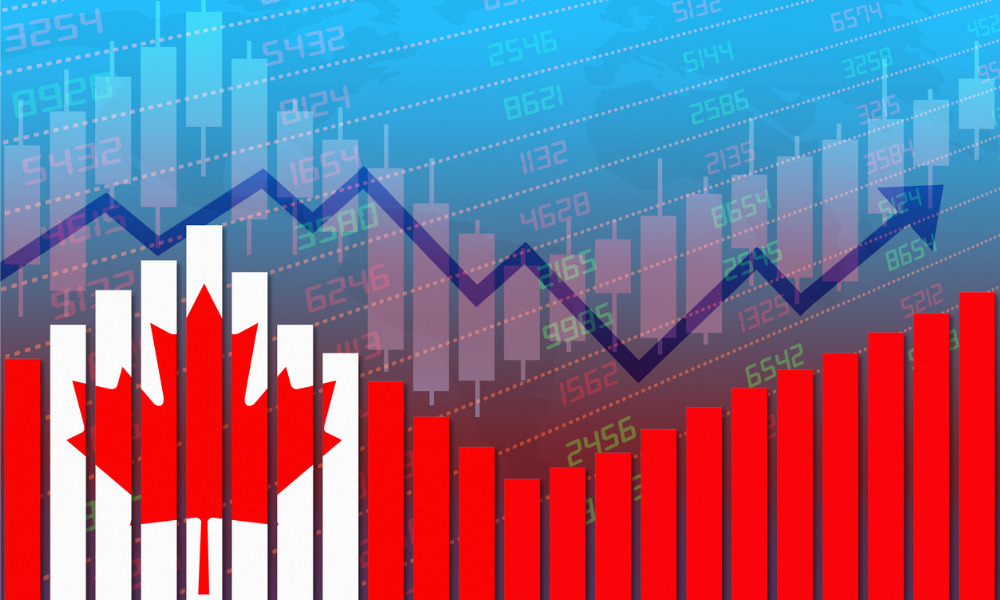New figures show that Canada’s March annual inflation rate was higher than Bay Street had anticipated

Canada’s annual inflation rate surged to 6.7% in March, a new 31-year record and a higher figure than financial analysts had expected.
Statistics Canada announced that the country’s Consumer Price Index (CPI) rose by a full percentage point last month over February’s figure, surpassing Bay Street’s prediction that inflation in March would come in at 6.1%.
That news comes a week after the Bank of Canada announced an oversized rate hike following its April policy rate meeting, with that half-percentage-point increase taking the central bank’s trendsetting interest rate to 1.0% after remaining steadfastly low at 0.25% throughout the COVID-19 pandemic.
Wednesday’s StatCan announcement indicated that prices had risen in each of the eight categories tracked by its data. Transportation costs posted a particularly noteworthy 11.2% increase over last year, spurred by a rise in gasoline costs of nearly 40% since the previous March.
Homeowner replacement costs ballooned by 12.9% compared with the same time last year, with grocery store prices also recording an 8.7% year-over-year hike.
According to the agency, inflation had also worsened thanks to ongoing supply chain snarls, a feverish housing market and the continuing global crisis caused by Russia’s invasion of Ukraine.
Prince Edward Island posted the highest inflation figure among Canada’s provinces and territories, coming in at 8.9%. Second were Manitoba and New Brunswick at 7.4% each, with Ontario recording a figure of 7.0% and Quebec coming in at 6.7%.



